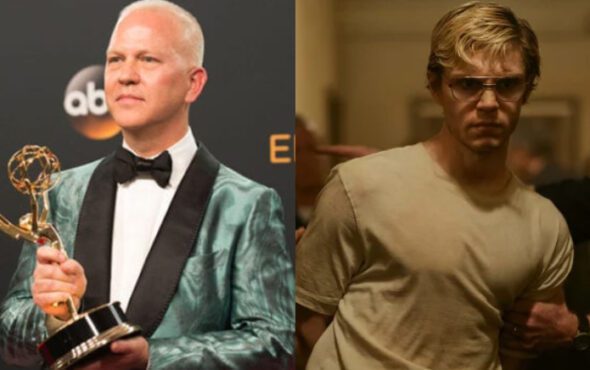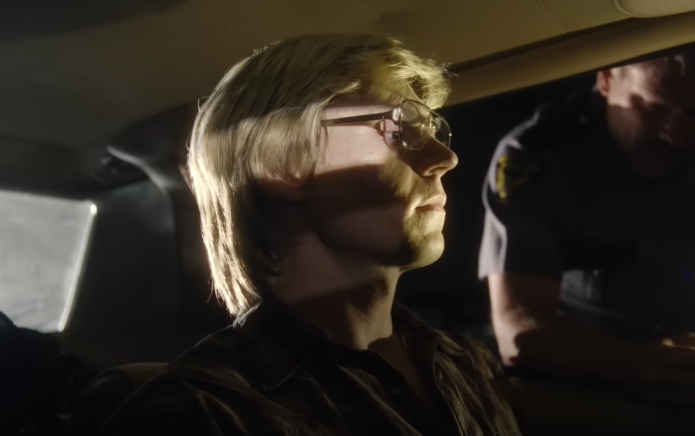
Ryan Murphy has addressed the ongoing controversy surrounding his Netflix series Dahmer – Monster: The Jeffrey Dahmer Story.
Back in September, the Evan Peters-led series debuted on the popular streaming platform to mixed reviews.
Set between 1978 and 1991, the ten-episode program follows the violent and disturbing crimes of one of the most infamous serial killers in the world.
While the Netflix series earned huge viewership numbers, the show faced backlash from some of the victim’s family members for exploiting their trauma.
In a September interview with Insider, Rita Isbell – who was one of Dahmer’s victims – said she had no idea the show was being made.
In the series, Isbell’s emotional victim impact statement during Dahmer’s 1992 sentencing was re-enacted by DeShawn Barnes.
“I was never contacted about the show. I feel like Netflix should’ve asked if we mind or how we felt about making it,” she told the news outlet.
“They didn’t ask me anything. They just did it. But I’m not money hungry, and that’s what this show is about, Netflix trying to get paid.”
With the show continuing to face backlash for its content, Murphy has recently opened up about the controversy during a recent panel event in Los Angeles.

“It’s something that we researched for a very long time. And we – over the course of the three, three and a half years when we were really writing it, working on it – we reached out to 20, around 20, of the victims’ families and friends trying to get input, trying to talk to people,” he said, as reported by The Hollywood Reporter.
“And not a single person responded to us in that process. So we relied very, very heavily on our incredible group of researchers who… I don’t even know how they found a lot of this stuff.
“But it was just like a night and day effort to us trying to uncover the truth of these people.”
Towards the end of his statement, Murphy said that the goal of the series wasn’t meant to highlight Dahmer but shed light on white privilege and discrimination.
“Something that we talked a lot in the making of it is we weren’t so much interested in Jeffrey Dahmer, the person, but what made him the monster that he became,” he said.
“We talked a lot about that… we talked about it all the time. It’s really about white privilege. It’s about systemic racism. It’s about homophobia.”
Paris Barclay, who directed a handful of episodes, added that the series
was meant to “celebrate” the victims.
“When Tony writes ‘I won’t disappear’ on that last card, that’s what this show is about. It’s about making sure these people are not erased by history and that they have a place and that they’re recognised,” he said.



